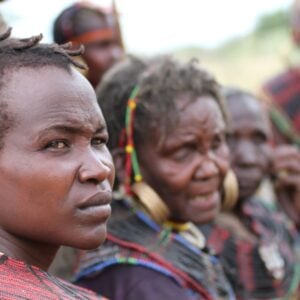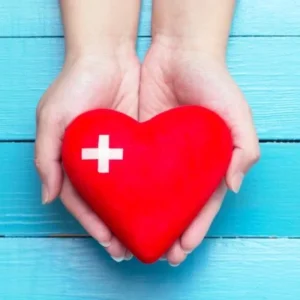Antimicrobial resistance (AMR) poses a significant global health threat, undermining decades of medical progress and endangering lives, economies, and ecosystems. In Ghana, AMR impacts human health, agriculture, and the environment, making it vital to move research into practical, real-world applications. Despite the availability of scientific data, much of it remains confined to academic journals and out of reach for those responsible for shaping policy and implementing change.
To address this gap, Ghana hosted the fourth module of the Structured Operational Research and Training Initiative (SORT IT) from 15–19 September 2025. This session focused on empowering researchers to effectively communicate their findings. Supported by WHO’s Special Programme for Research and Training in Tropical Diseases (TDR) and national partners, the training brought together researchers and mentors from across the country who had previously participated in SORT IT programs.
The module equipped participants with tools to translate complex research into clear, actionable messages tailored for policymakers, health workers, and communities. Through a combination of lectures, mentoring, peer reviews, and hands-on exercises, participants developed key communication tools such as evidence briefs, stakeholder maps, concise presentations, and elevator pitches designed to make their research more accessible and impactful.
WHO Representative to Ghana, Dr. Fiona Braka, emphasized that scientific research must inform real-world action to protect lives. She referred to AMR as a “silent pandemic” and stressed that effective communication is essential to ensure that evidence drives decisions within health systems. By strengthening the communication skills of Ghanaian scientists, the initiative helps turn research into practical solutions.
Trainers echoed this message, stressing that communication is a vital component of operational research. Robert Terry, a Knowledge Management expert and SORT IT trainer, highlighted the power of accessible scientific messaging. According to him, a compelling evidence brief or targeted presentation can be just as influential as the research itself in driving change.
For many participants, the training was transformative. Dr. Nana Akua Abruquah, a medical officer at Kwame Nkrumah University of Science and Technology Hospital, noted that the module taught her to move beyond academic writing and speak directly to decision-makers using plain language. She now feels better equipped to ensure her research contributes meaningfully to improving care.
Mrs. Karyn Ewurama Quansah, a research scientist at the Council for Scientific and Industrial Research – Water Research Institute (CSIR-WRI), also praised the training. She emphasized the importance of communicating AMR-related findings across human, animal, and environmental sectors. With the skills gained, she feels prepared to engage with farmers, regulators, and the public to collectively address AMR challenges.
By the end of the week, participants had developed a range of policy-relevant communication tools and gained the confidence to engage with diverse stakeholders. Their outputs are expected to play a role in advancing Ghana’s national AMR strategies, supporting the One Health approach, which integrates efforts across health, agriculture, and environmental sectors.
Ultimately, the training reinforced that combating AMR is not just about generating evidence—it’s about making sure that evidence is heard, understood, and acted upon to protect public health and ensure sustainable systems.







